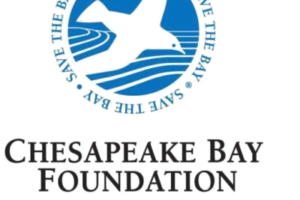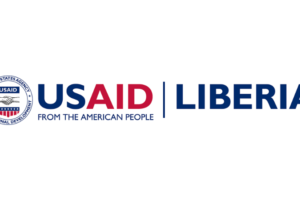The 3rd annual International Conference on Public Policy is around the corner, and this year Optimal will be a presenter at the three-day conference (June 28th-30th) in Singapore. The conference will include panels, networking, and workshops that feature talks on policy design, the political process of policy making, policy instruments and more.
Among the presenters will be Optimal’s CEO, Mark Turner and Senior Research Associate, Jennifer Auer. Drs. Turner and Auer will be presenting two papers at the conference; “The role of government at each stage of business growth” and “The role of Urban Policy in coordinating Entrepreneur Ecosystems”. These papers apply two theoretical lenses to inform the appropriate role of government in entrepreneur policy: business life cycle stages from management theory and market failures from classical economics.
This year the conference will take place at the Lee Kuan Yew School of Public Policy in Singapore and is expecting over 1,500 participants. The scholars presenting at this year’s conference are coming from 80 countries to share their research papers.
To find out more about the 2017 ICPP conference, please visit http://www.ippapublicpolicy.org/conference/icpp-3-singapore-2017/7







